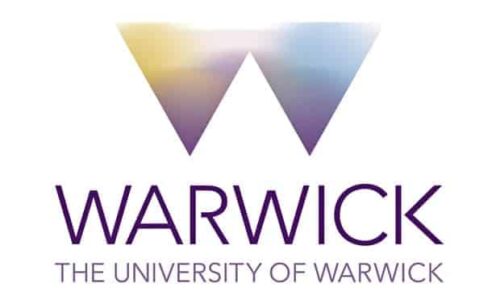Post-16 GCSE Resit Practice Review
In partnership with The University of Warwick and The Education Endowment Foundation
6th July 2023
Gaining a ‘good’ pass in GCSE English and maths is widely viewed as crucial in supporting young people’s academic and career opportunities and future life outcomes. Current policy means that students who do not gain a Grade 4 in English and maths on their first attempt must continue to study these subjects. Despite this attempt to have more students pass the GCSE, the proportion of resit students achieving a Grade 4 by 18 remains disappointingly low. In 2022, just 15.2% gained a Grade 4 in their maths GCSE resit and 24.1% in English.
As a response to the persistent underperformance of 16-18-year-old resit learners and the lack of a strong ‘what works’ evidence base in this area, the EEF commissioned this practice review which we produced in partnership with the University of Warwick. The review pulls together findings from a literature review conducted by the University of Warwick and findings from fieldwork with post-16 practitioners and young people retaking GCSE English and/or maths.
You can read the full report here.
Key findings
- Although there is widespread recognition of the importance of formative assessment and a broad array of practices, systems and ideas in use to enable assessment for learning, no clear trends emerged in relation to any particular techniques, tools or systems of assessment which colleagues are engaging with at this stage.
- The ability of FE institutions to recruit, retain and develop a highly skilled workforce was the biggest barrier to ensuring that learners are receiving high-quality teaching. CPD was seen by many of the interviewees as vital in bridging this gap, as it equips teachers with the skills to provide learners with effective support, regardless of their own prior level of training.
- The evidence about curriculum coverage and focus, and a tendency to opt for either a targeted or core curriculum approach, has implications for how to successfully design interventions for resits. Based on the review team’s observations, the most successful approaches combine both.
- The review highlights examples of effective pedagogy from other phases and subjects using relatively well-established, evidence-informed principles related to formative assessment, cognitive science (e.g. spaced learning) or mastery approaches. While the transfer of these into post-16 contexts is potentially promising, we need to know more about how these principles and practices can be effectively adapted and translated into post-16 resit contexts.
- The literature and evidence collected from the review point to the need to consider learner needs and adverse prior experiences of learning. The evidence appears to strongly suggest that success for post-16 resits, perhaps to a greater degree than in KS4 teaching and learning, requires effective integration of academic and socio-emotional approaches.
Recommendations
Based on the findings of the review, the key recommendation was that the EEF should sustain and grow its focus on post-16 English and maths for low-attaining and disadvantaged learners – including, but not limited to GCSE resits. In addition, the review identified three categories of recommendations.
1. Research to better understand the context and conditions under which teaching and learning happen for lower-attaining post-16 learners, including the following:
- What do we know about creating more effective transitions between secondary schools and post-16 institutions for lower-attaining students?
- What choices do post-16 institutions make about the organisation of GCSE resit learners, and how do these choices impact outcomes?
- What are post-16 institutions doing to develop, embed and evaluate meaningful diagnostic assessment approaches for GCSE resitters, both at the outset of learners’ post-16 resit studies and throughout their studies?
- What do we know about the characteristics and capacities of the (highly heterogeneous) post-16 English and maths teacher workforce?
2. Intervention developments and trials to generate a more robust evidence base about the impact of particular practices and interventions, including investment in:
- Vertical transfer: promising pedagogical practices for learners at Key Stage 4 that could be adapted for post-16 resit classrooms.
- Horizontal transfer: promising pedagogical practices from vocational and academic post-16 courses for lower-attaining or English for Speakers of Other Languages that could be adapted for post-16 resit classrooms.
- Multiple outcome/combined interventions: programmes that deliberately and rigorously blend a small number of interventions, testing how these interventions can provide holistic support for improved outcomes.
- Collaborative, place-based interventions: locally-driven approaches to improvement, funding a coalition of schools, colleges, employers, and local and national organisations to coordinate a small range of well-evidenced and well-coordinated approaches for resitters across a whole locality.
3. Support and resources to improve the generation and use of evidence among post-16 practitioners and institutions, including support to:
- Extend and adapt the teaching and learning toolkit for a post-16 context, and promote its use among post-16 leaders and institutions.
- Invest in the extension of the remit of Research Schools and in new Research Colleges to extend and develop networks and professional learning communities; to support post-16 providers with evidence use and to provide CPD.
In partnership with:




